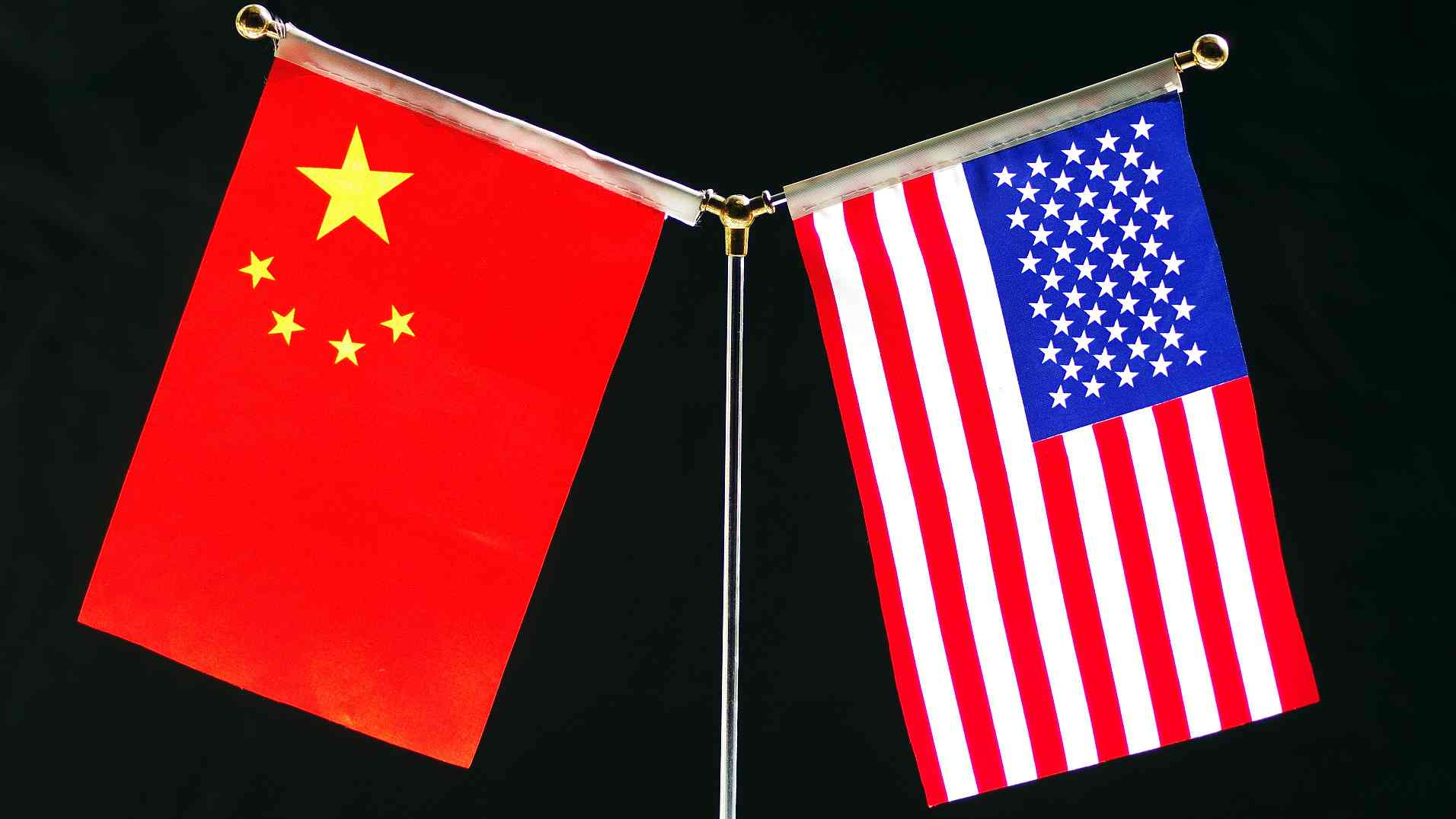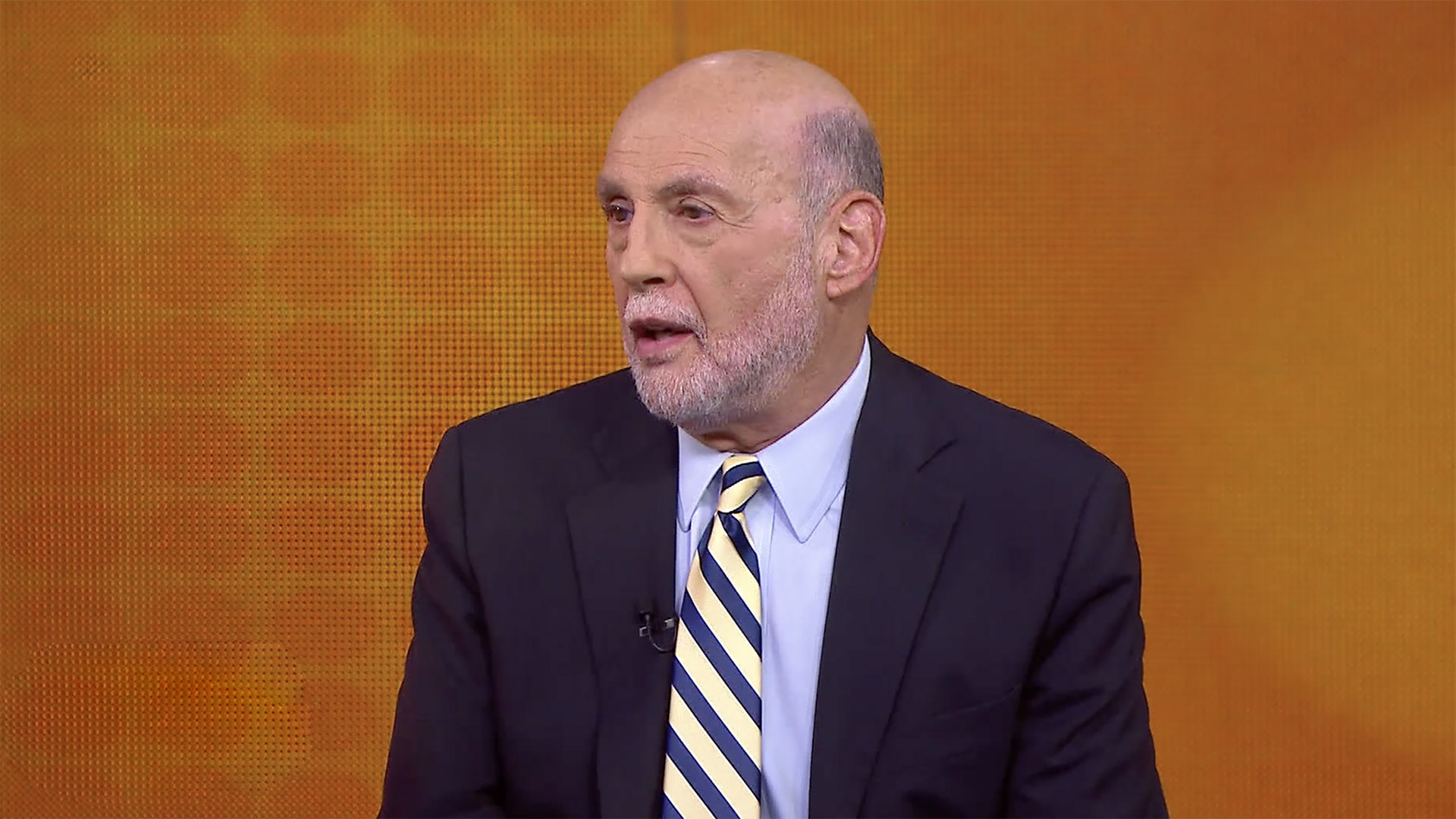
Opinions
16:17, 14-Nov-2018
Analysis: Cooperation essential for future Sino-US ties
Updated
15:35, 17-Nov-2018
CGTN's The Heat

The US Vice President Mike Pence is in Asia, to represent the US at ASEAN (Association of Southeast Asian Nations) meetings taking place in Singapore – as well as APEC meetings that will follow in Papua New Guinea.
And at the end of the month, US President Donald Trump will meet with Chinese President Xi Jinping during the G-20 Summit in Argentina.
A possible trade deal will dominate the discussion, but the two countries can stabilize their relationship by cooperating on a range of issues – from antiterrorism to the denuclearization of the Korean Peninsula.
In the past year, China and the US have had frequent conflicts in economic and trade, and the military of the two countries has repeatedly caused conflicts.
In April, the aircraft carrier Roosevelt and the Liaoning ship carrier fleet confronted in the South China Sea. In September, the US destroyer Decatur almost collided with a Chinese warship near the Nansha Islands. In October, the United States dispatched two strategic bombers to cross the South China Sea.
Xu Qinduo, senior fellow and political analyst at Pangoal Institution, stated that both sides see the need to stabilize the relationship in terms of rising tension between the two powers.
Military cooperation is important and neither of China and the United States wants to have a military conflict. China wants to see a more positive sign of bringing the relationship back on track.
John Sitilides, global risk analyst and principal with Trilogy Advisors, stated that the fundamental disagreement between the United States and China as to what constitutes like freedom of navigation and sovereignty in the South China Sea. The United States wants to balance all the areas and cooperate with China.
Jonathan Broder, senior writer for Newsweek, also said that there are fundamental differences on many issues. As for the issue of the DPRK, China wants to go slowly and has a more gradual approach. But the Trump administration is impatient and basically wants the DPRK to give up everything first.
01:14

Xu stated that both countries have to show respect for the DPRK and make some concessions. Everybody steps back a little to reach the agreement. The United States has asked the DPRK to give up their nuclear weapons and it is impossible to be successful for that policy.
Regarding the issue of Taiwan, Xu pointed out that Taiwan issue is the core interest of China and is about sovereignty and territorial integrity.
“There is no way for China to step back even for an inch,” said Xu. People should respect the Chinese system and sovereignty, especially the issues of Taiwan and the South China Sea.
Regarding the issue of G20 meeting, Xu said that there could be a framework agreement to reach by the two leaders if a possible deal can be made. China can make some promises, even concessions to further open up the market and increase market access and reform some measure to better protect intellectual property rights. The US should continue to encourage companies to invest in China and export to China in terms of technology in response.
Jonathan Broder pointed out that Donald Trump does not see diplomacy as a win-win proposition, but see it as a zero-sum proposition. It's possible that there could be no agreement and break down after Argentina.
(If you want to contribute and have specific expertise, contact us at opinions@cgtn.com.)

SITEMAP
Copyright © 2018 CGTN. Beijing ICP prepared NO.16065310-3
Copyright © 2018 CGTN. Beijing ICP prepared NO.16065310-3